The Rewarding Benefits Of Replaying Video Games
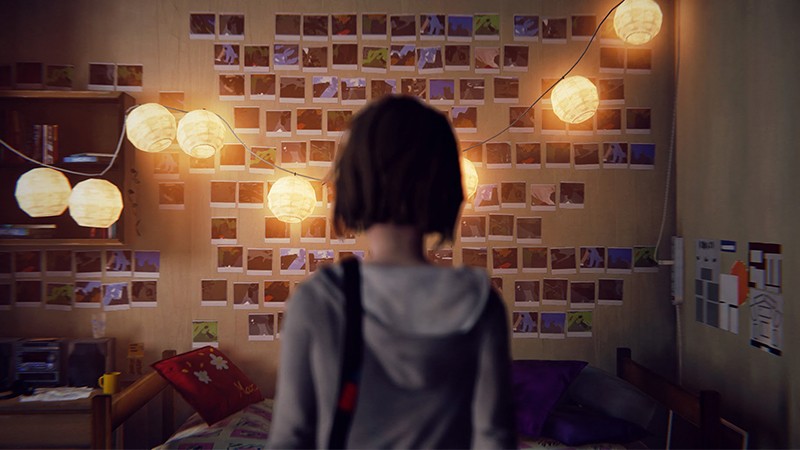
Yorda infuriated me when I played Ico several years ago. The character's slow movement and sheer helplessness made me roll my eyes, whether I was guiding her across a sprawling area to solve a puzzle or guarding her as I fended off enemies. I wasn't in the right frame of mind while playing the game. What I saw as nuisances at the time were intentional inconveniences on the creators' part that help players develop an emotional, protective relationship with Yorda. Sitting with her at the game's save points, going through long, quiet stretches of platforming – these moments failed to resonate with me then, but upon reflection, replaying Ico now would help me better understand its standout qualities.
Making time to replay a game isn't easy. I often hear my peers lament over game backlogs growing as the months pass. I have a hard time keeping up with games as it is without replaying them, which often results in a tempting cycle of moving on to other games before completing others. Our fast-paced age encourages this behavior, and even if our attention spans aren't decreasing, our overall ability to invest in one thing is tough with so much to do.
Despite these excuses and challenges, replaying games is more beneficial than you think. Just as Black Ops III or Braid's stories feel like different, fuller narratives a second time through with their revelatory conclusions in mind, the same effect applies in a broader sense to games' other elements. I've put together a list of reasons why, which includes the joys of discovering missed content, remembering encounters and story beats you might have forgotten, and more.
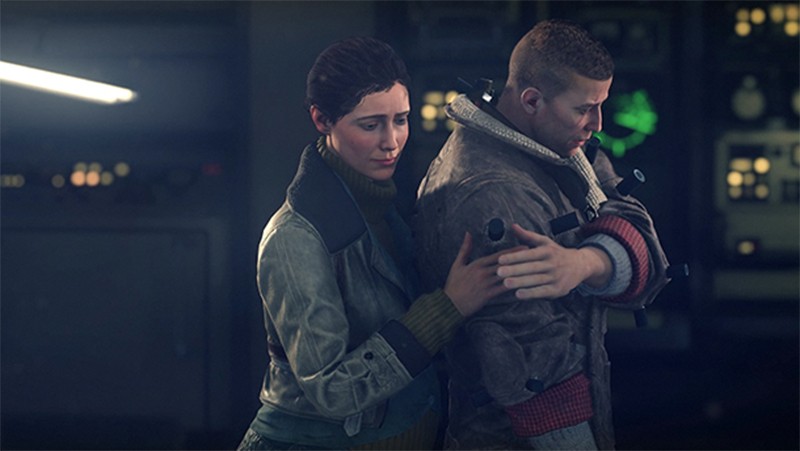
The Depth Is In The Details
We can often miss the forest for the trees. When we slowly learn about a game world's rules, structure, or even etiquette (i.e. in MMOs, MOBAs, etc.), it takes time to internalize and adjust to how everything functions. In other words, we're prone to raw reactions rather than reasoned reflection with the new and unfamiliar. You only do an effective job pulling together your thoughts once you've gotten into the groove of a multiplayer mode or completed a campaign, but the most effective way to analyze and understand the design of a game's pacing, puzzles, and challenges is to experience them more than once.
I played Bastion twice before I could fully articulate why I adored the pace at which the game reveals its diverse arsenal. Restarting Wolfenstein II's campaign helped me reconcile why I didn't completely click with its difficulty, pacing, and combat scenarios. When you replay, you don't have to focus as much on solutions, playstyles, and strategies because you already know them. Instead, you're free to get analytical by dissecting a game's elements to see what makes them tick or refine your tactics for speedruns and achievements.
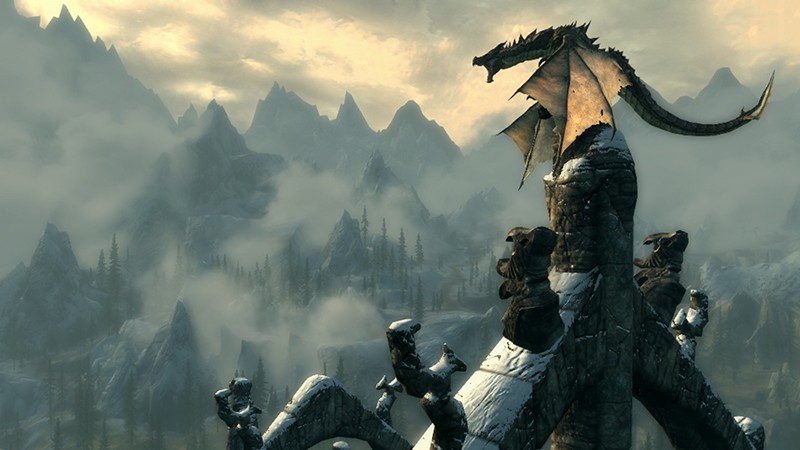
From All Angles
Games are ripe with stories that feature branching plot points, overwhelming open worlds, and varying difficulties. We say we "finish" games, but even after watching the credits roll, we still miss a lot of content, including extra dialogue, lore-building moments, skipped side quests and levels, or twists to a game's rules with new difficulty modes. These aspects can result in refreshing, subsequent playthroughs. Taking opposing routes in The Walking Dead or Life is Strange episodic series, assuming a different Faction and class in The Elder Scrolls Online, or playing Resident Evil 7 on the Madhouse difficulty are examples of how to make the old feel new again.
Some titles are meant to encourage players with seemingly endless ways to play like Divinity: Original Sin II, XCOM: Enemy Unknown, and Minecraft. On the other hand, titles that aren't designed as emergent experiences can introduce new mechanics, abilities, and worlds to explore through DLC. It's no wonder how people don't grow weary of RPGs like World of Warcraft or Warframe since their experiences continually evolve. These games are frequently providing something new, but if you're always moving on to the base experiences of new games, you miss out on finding the lasting value in games you already have.
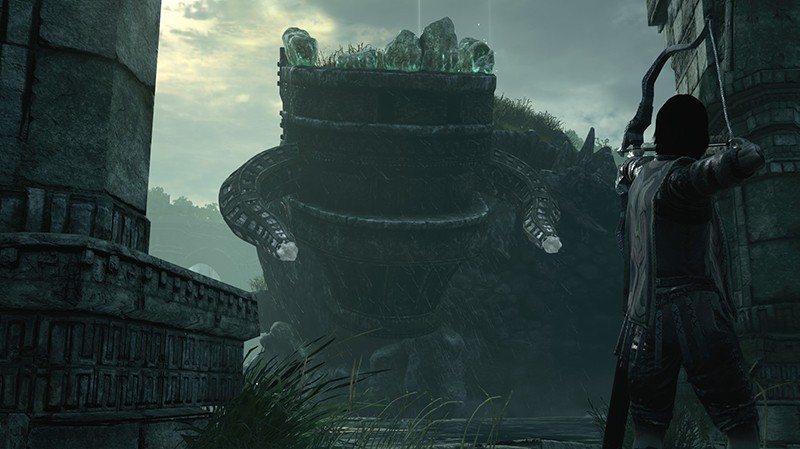
Filling In The Blanks
With all the games we go through, our memories can blur together. I didn't realize you couldn't use an analog stick to move the camera in Spyro the Dragon until I replayed it. I'd completely forgotten about a couple Colossi in Shadow of the Colossus until my second playthrough. I restarted Horizon Zero Dawn after a long absence since I was fuzzy about the story and how to play. Moments like these remind me that my grasp on the past isn't solid or thorough, even though I'm stubbornly confident in the present that I'll remember every part of a game.
A contributing factor to forgetful experiences like mine is how we're more reliant on recognition memory than recall memory these days. We have infinite sources at the ready to look up the name of a companion in Mass Effect or what happened at the end of Spec Ops: The Line, but one of the greatest ways to tell if a story or gameplay still resonates with you is to personally relive it. Reading up on a Wikipedia summary tells you nothing about how you'll feel about a game's components and if they're presented and delivered effectively. Replaying a game might be the best way to intimately understand why you disliked certain aspects of a game on deeper, more specific levels. In addition, you might be surprised by what you've forgotten, which can cloud your praises or criticisms out of unintentional ignorance.
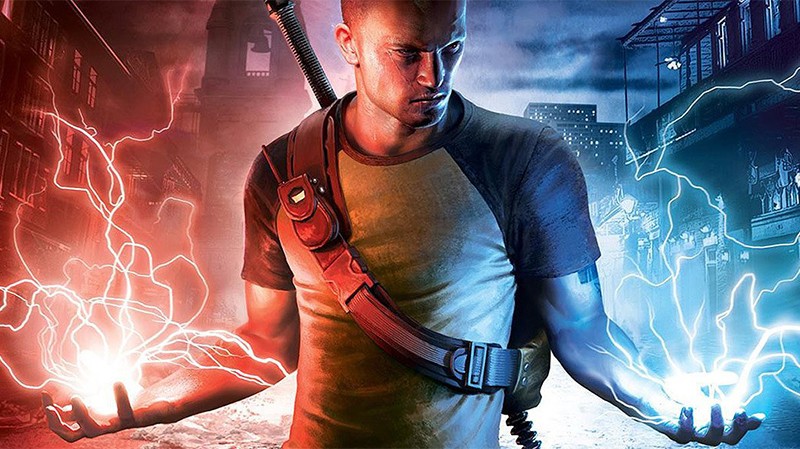
Growing Up
When we look back on our lives, our interests, skills, knowledge, and opinions change. Blind bias, evolving tastes, emotional states, public influence - these have an incredible impact on how much a game might resonate with you during a specific moment in life. Replaying a game isn't just a way to restore and recollect your memories, but also a gateway to better understanding how (and perhaps why) you've changed in several ways.
I was too impatient to appreciate Metal Gear Solid 2: Sons of Liberty in my early teens, but its bizarre yet powerful story and metaphors aren't lost on me today. In the same vein, I ignored the inconsistent gameplay and lackluster level design of Bionicle: The Game because of my stubborn allegiance to the franchise. When I replayed Infamous as Evil Cole, I pinpointed why I don't enjoy being villainous since unrestrained pursuits of power come back to bite you and push everyone away. A game's themes and gameplay elements affect players in diverse ways, so you shouldn't brush off the reasons you gushed over or unfairly panned a game. Replaying can round out your opinions with a side of introspection.
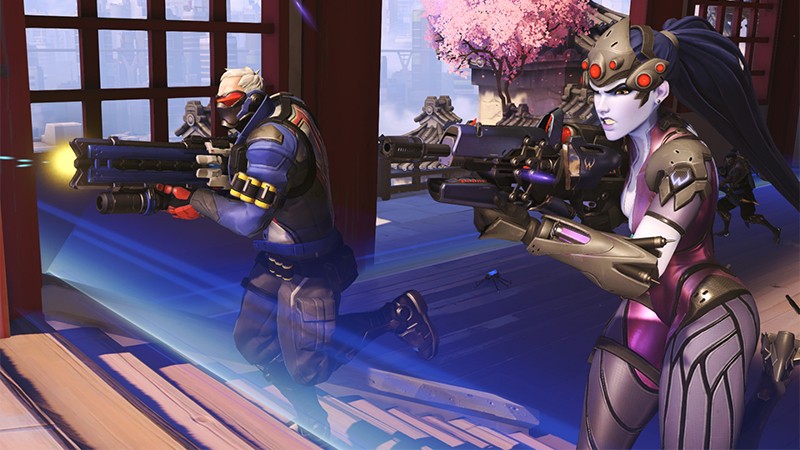
Scaling Down
We're fortunate that developers continually add more reasons to return to their games with new game plus, post-game missions, ever-changing spins on quests with multiplayer experiences, and other features. I've clamored for depth and replay value, but often don't take full advantage of these things when developers follow through. You can gain fuller, lasting experiences with games, but there are other side effects to consider.
By extending your time with a game, you can cut down on overspending by spreading yourself too thin across multiple games. Overwatch far exceeds its cost with the days of fun it provides for millions of players, but the same can be said for more games than we realize if we approach them with long-term outlooks. That way, you're not unrealistically cramming in games with short-term goals of "keeping up." By not honing my attention, I've sacrificed greater immersion and relaxation with games since I've overwhelmed myself with too many stories and mechanics that get jumbled up in my head. When you narrow your focus and prioritize what games to invest in, you're not only on the path to simplifying your backlog, but also giving individual games the attention they deserve.
You can check out our recent series reflecting on a handful of titles from our top 300 games of all time, as well as the value of remasters and remakes for replaying in Joe Juba's opinion piece.

Get the Game Informer Print Edition!
Explore your favorite games in premium print format, delivered to your door.
- 10 issues per year
- Only $4.80 per issue
- Full digital magazine archive access
- Since 1991









